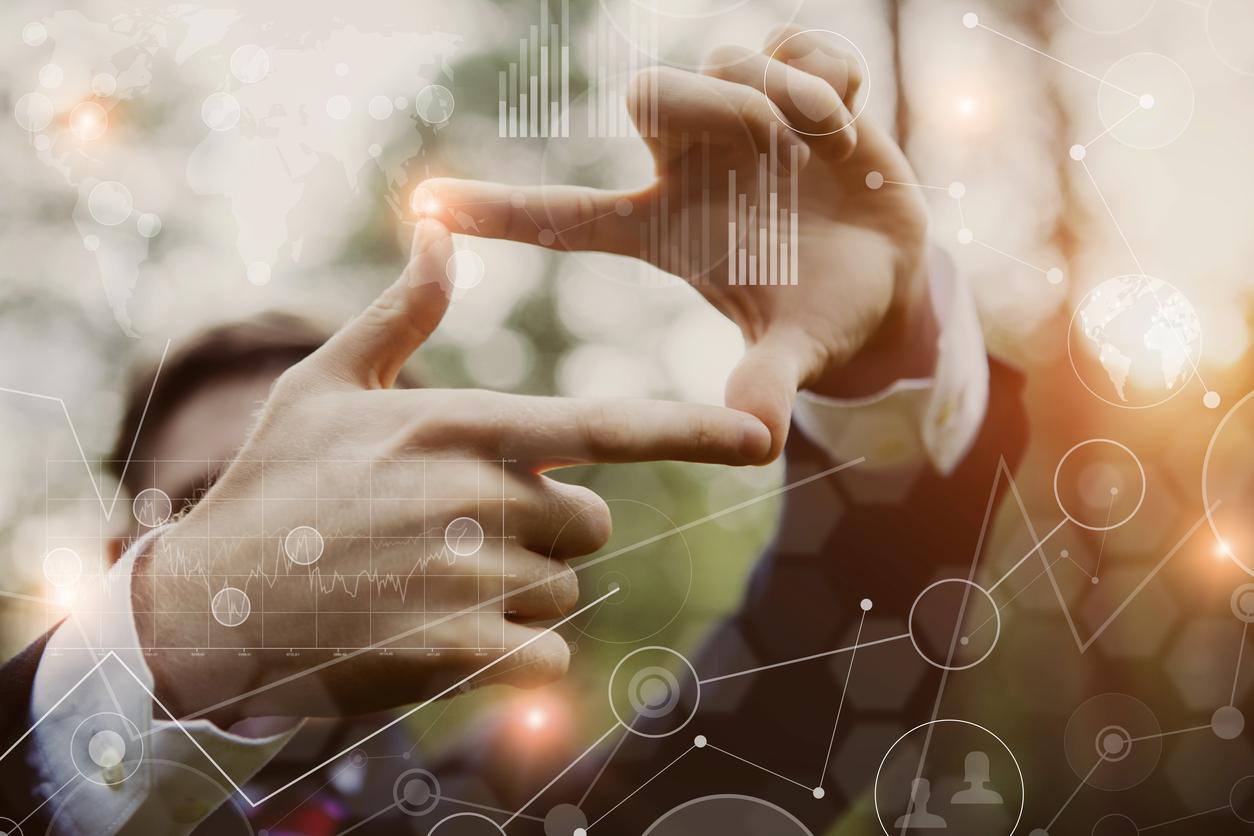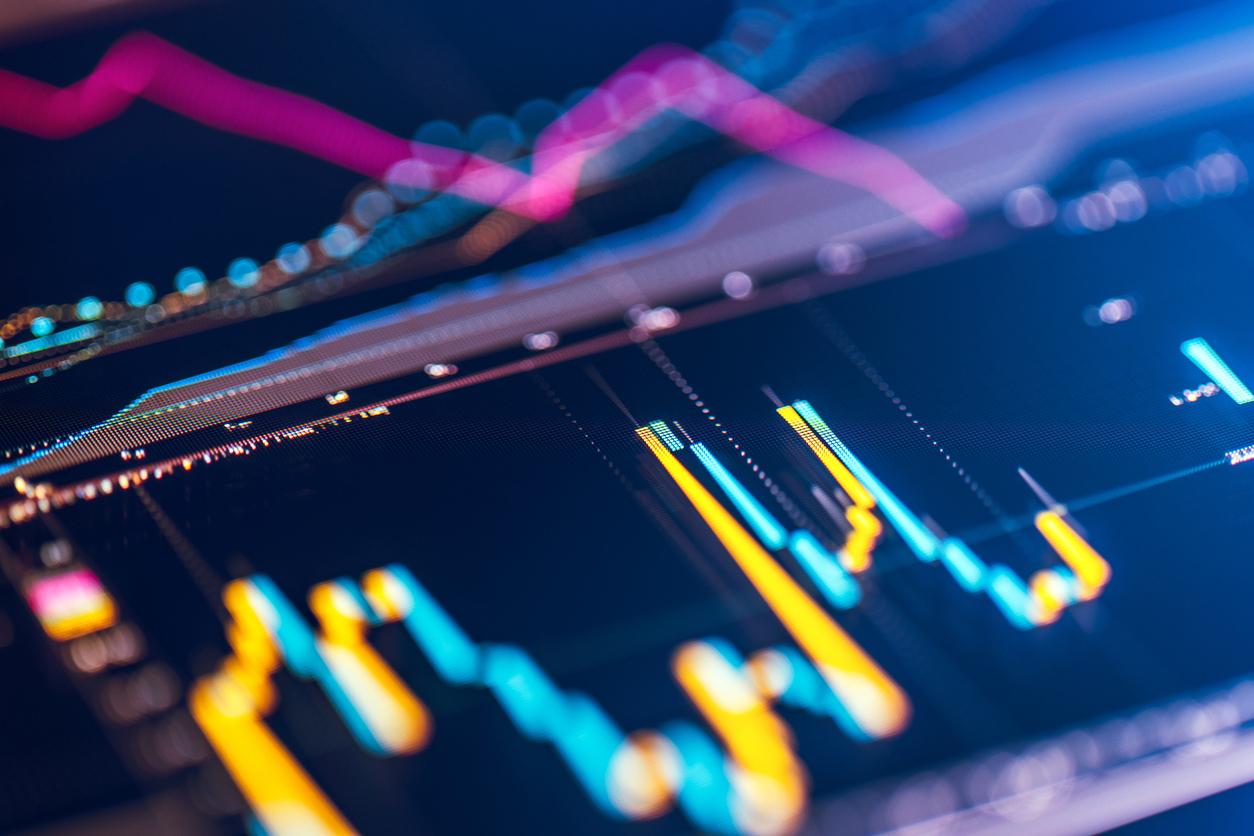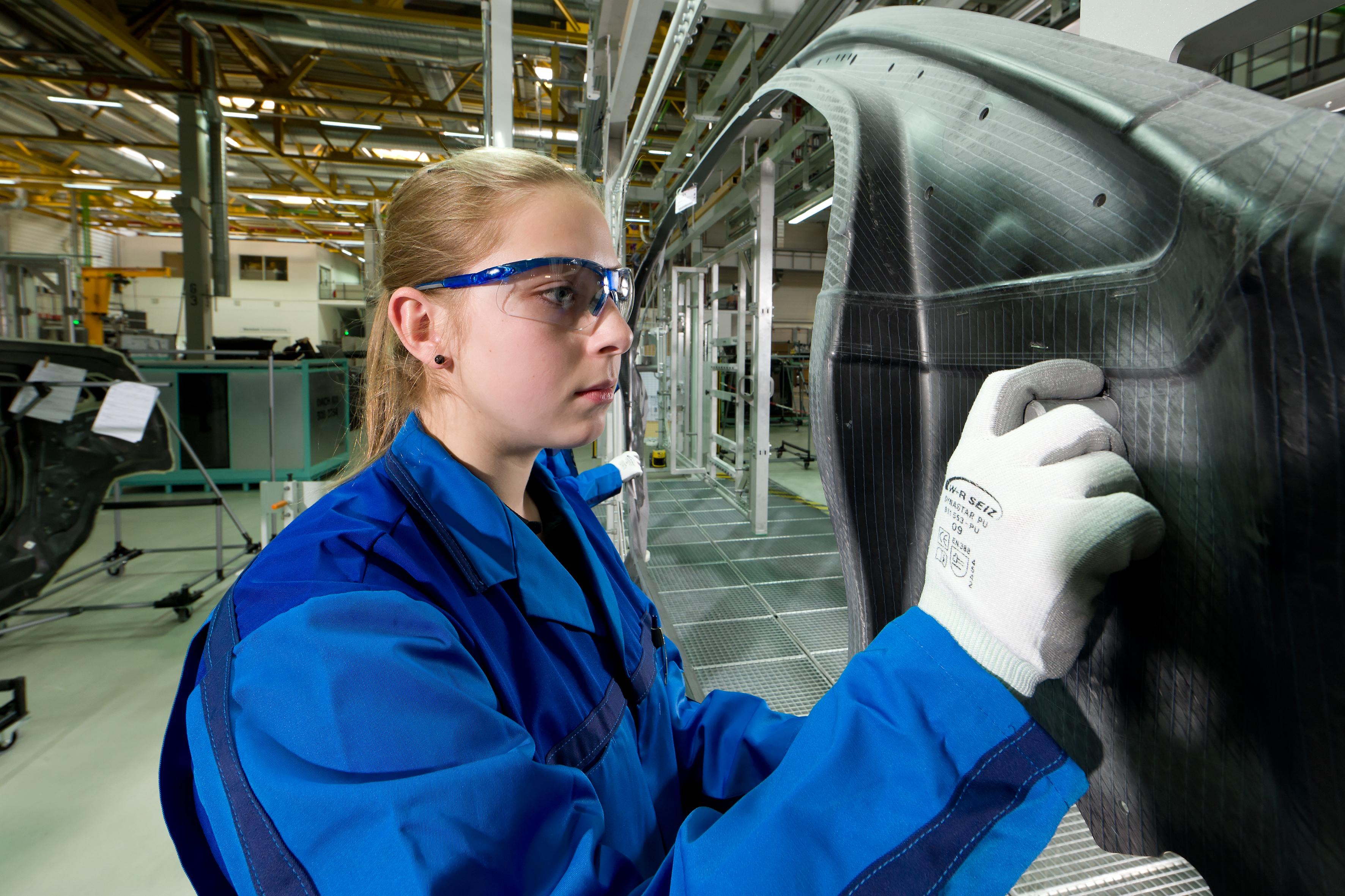
We would all like our brains to be more powerful – especially those of us with reason to fear the effects of advancing age or a degenerative illness. For the entrepreneurs behind widely promoted “brain-training” apps like Lumosity, the universal desire for cognitive improvement translates to lucrative opportunities. Some scientists and clinicians, too, have hopped on the bandwagon, seeking avenues to lend their expertise to the business world while theoretically bringing cognitive enhancement to the masses.
It seems like a win-win for all – except, in Lumosity’s case, results have fallen short of the formidable hype. A 2017 study by two University of Pennsylvania professors used brain-imaging technology to put the app’s claims to the test. The professors determined that compared to conventional video games, its cognitive training exercises had no discernible impact on either activity in the brain’s “executive control network” (ECN) or people’s ability to make smarter choices.
In 2016, the Federal Trade Commission in the United States slapped Lumosity with a US$2 million fine because, the agency concluded, the research basis for its marketing claims was inadequate.
Channelling neuroscientific knowledge into new product development remains a growth area, but the Lumosity example demonstrates the potential dangers of commercial crossover. Neuroscientists risk damaging their own professional credibility – as well as that of the entire field – by partnering with companies which lack deep roots in the scientific community.
Neuroscience, AI and Big Data as therapeutic tools
For some time, the healthcare arena has offered more fertile territory for a valuable convergence between neuroscience and entrepreneurial innovation. Thanks to recent advances in Big Data and artificial intelligence, the potential is richer than ever before. Automated neuroscientific therapies can now use self-improving algorithms and data-driven services, enabling them to achieve scale relatively quickly. The best crutch for a compromised mind, it seems, is robotic intelligence. Activity in this field is accelerating, and the healthcare start-up sector has begun to take notice.
For example, the French start-up Bioserenity, founded by INSEAD alums, has developed wearable sensors for remote epilepsy diagnosis. The traditional diagnostic technique for epilepsy requires an EEG machine – but seizures are unpredictable and rarely coincide with hospital appointments, when patients are likely to be within reach of an EEG. Consequently, misdiagnoses are rife, and a definitive diagnosis often takes years. Bioserenity’s biometric sensors deploy medical cloud technology to notify doctors instantly when a seizure occurs. Furthermore, Bioserenity utilises machine learning to continually refine diagnosis and aid medical professionals in developing patient-specific therapeutic solutions.
Since its launch in 2014, Bioserenity has expanded internationally, opening offices in China and the U.S. and expanding its staff to over 100 employees. But its origins lie at the ICM Brain & Spine Institute (also where our neuroscience research group is based), within the Pitié-Salpêtrière university hospital of Sorbonne University (part of INSEAD’s educational network) in Paris. In addition to hundreds of scientists and clinicians, ICM has its own start-up incubator (iPEPS) where Bioserenity and nearly 20 other innovative companies are currently housed. In total, start-ups incubated at iPEPS have raised nearly €150 million. Recently, Paris’s Station F, billed as “the biggest start-up campus in the world”, chose iPEPS as its medical tech and e-health partner.
Julien Elric, iPEPS incubator manager, is an alumnus of the Business Foundations Certificate programme (an INSEAD-Sorbonne collaboration), designed to teach recent science or engineering graduates the business skills needed to advance their corporate career or become entrepreneurs.
In addition to hosting healthcare start-ups and helping them grow, Elric helps spin off promising research projects into entrepreneurial ventures. Currently, iPEPS has high hopes for Brain’us, a free app that uses brain-testing games to collect data on social cognition, i.e. how the brain processes social cues in order to decode other people’s mental states. The app was downloaded 27,000 times in its first three months. Brain’us datasets have already been cited in published academic papers. Further iterations may produce Lumosity-like cognitive enhancement tools capable of withstanding stricter scientific scrutiny. Organisations could use these tools to measure cognitive qualities that are difficult to quantify by conventional means.
A robotic “sous chef”
One of the key ICM resources to promote innovation is a living lab (cLLAPS) – i.e. a co-creation space simulating real-world environments – where researchers, entrepreneurs and patients can test and develop new technologies. The living lab is currently developing Brobot, a robotic assistant which neurologically impaired patients can use in the kitchen. Brobot employs AI and gesture-recognising sensors to identify the dishes humans are trying to make and to help them follow the steps of the recipe. The living lab original project went from idea to product in a record time thanks to a collaboration between the hospital’s rehabilitation team and French venture A.I.Mergence. The team is now actively looking for an entrepreneur to spin-off the project with the support of the iPEPS start-up incubator.
Innovation in this field thrives at the meeting point of neuroscientific expertise, entrepreneurial vision, and scale-enabling, self-improving technological solutions powered by AI and Big Data. Unlike the scientifically shaky Lumosity model, this value proposition requires very careful capitalisation and sophisticated skill-sets, which today’s healthcare entrepreneurs are far behind in acquiring. As a step towards remedying that, INSEAD is launching a new MBA elective called “Brain-Based Customer-centricity”. Students will go through the main stages of conceiving and commercialising a hypothetical neuroscience innovation, from market research to product development to framing a business plan.
Neuroscience-based product innovation as new business application?
Our recent posts around the use of neuroscience in business have mostly revolved around the use of neuroscience as a market research tool. However, recent developments outlined above suggest the potential exists for healthcare and other entrepreneurs to leverage neuroscientific knowledge for new product development. But be aware that marketing and scientific rigour do not always go together. Not all product and platforms that claim to be “(neuro-)scientifically approved” actually are!






Anonymous User
23/05/2018, 09.07 pm
This article does not answer the very question it raises in its title. It is very discordant emphasizing the positive aspects of INSEAD alumni. It has failed to acknowledge startups like PocketConfidant. It is ironic to find biased report on Neuroscientific approaches.